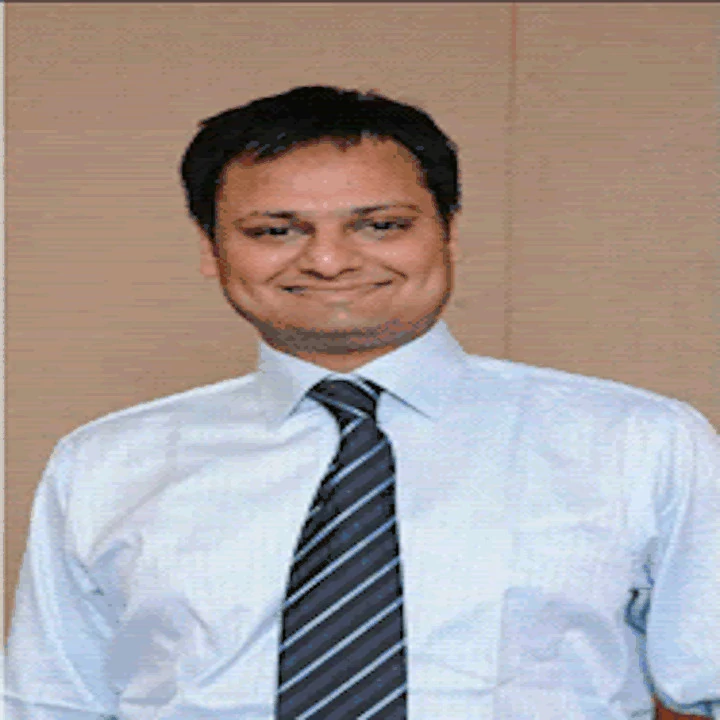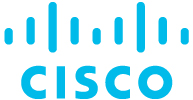09th - 12th December, 2020
Recordings of the Conference are available in schedule Section
ACM-India announces the 13th annual COMPUTE conference at Visvesvaraya National Institute of Technology Nagpur, Maharashtra, India from December 09th - 12th 2020. Since 2018, ACM-India has decided to focus the theme of COMPUTE towards improving the quality of computing education in the country. This is the Third year of this thematic symposium.
The workshop is part of COMPUTE 2020, organised by ACM India. Participants will need to register for ACM India COMPUTE 2020.
Mastering algorithms continues to be a challenge for many students of computer science. The automated nature of algorithms limits the student to tracing the algorithm or seeing its animated execution. This interaction is passive. Active interaction with the algorithm would allow the student to `drive' the algorithm towards solving a problem. Of course, at this point, we no longer have an algorithm, but an interactive system that, however, still retains the core elements of the algorithm's machinery.
We propose Algodynamics, an approach to teaching algorithms as interactive transition systems. In the pedagogy of the Algodynamics approach, an algorithm is incrementally designed via a series of interactive systems. The interactions isolate the essential `moving parts' of the algorithm and operations that actually cause the parts to move, allowing the student to `drive' the interactive system and refine it till she arrives at an algorithm, a transition system that is completely automated. You can find more details on Algodynamics website (https://algodynamics.gitlab.io).
The workshop is meant for computer science teachers. The workshop will introduce the main ideas of Algodynamics through a series of examples. These examples will be drawn from data structures (lists, trees and graphs). This workshop will introduce a hands-on approach to teaching algorithms that develops students' abilities beyond simply tracing algorithms to actually designing algorithms. This allows students to assemble an algorithm from basic building blocks and helps them understand why the algorithm is designed the way it is. The emphasis will be not so much on programming or analysis of the algorithms, but incrementally gaining a good understanding of the inner workings of the algorithms and their design.
The workshop will be interactive. Participants will work with a series of transition systems and `hand-execute' them.
The workshop will include small assignments, discussions and questions and answers during the presentations. The major examples covered in the workshop (iteration, recursion and graph traversal) will be accompanied by online experiments.
The results of the workshop along with future directions for research and implementation will be presented during Day 4 of Compute 2020.
PreTest
Transition systems
Motivation, vocabulary and definitions. ExamplesTea Break
Algodynamics
Interactive vs. Algorithmic problem solving. Successive refinement. Iterative sorting algorithms (Bubble Sort)Recap and Discussion
EOD
Recursive Algorithms
Algorithms on trees, MergesortGraph Traversals
Depth first and Breadth First graph traversalTea Break
Implementation
From Transition Systems to their (Python) ImplementationRecap and Post-workshop questionnaire
EOD

Head - TCS iON Products, Engineering, International Business
In view of the prevailing pandemic, this conference will be held virtually. There will be no physical events at VNIT.
Visvesvaraya National Institute of Technology, Nagpur is one of the thirty-one National Institutes of Technology in the country. The Govt. of India conferred on the Institute, the Deemed to be University status (under University Grants Commission Act, 1956 (3 of 1956)) with effect from 26th June 2002. Subsequently, the Central Govt. by Act of Parliament (National Institutes of Technology Act, 2007 (29 of 2007)) declared VNIT Nagpur as an Institute of National Importance along with all other NITs. The Act was brought into force from 15th August 2007. Earlier, the Institute was known as Visvesvaraya Regional College of Engineering (VRCE). It was established in the year 1960 under the scheme sponsored by Govt. of India and Govt. of Maharashtra. The college was started in June 1960 by amalgamating the State Govt. Engineering College functioning at Nagpur since July 1956. In the meeting held in October 1962, the Governing Board of the College resolved to name it after the eminent engineer, planner, and statesman of the country Sir M. Visvesvaraya.
ACM India Institutional Platinum Partners




ACM India Institutional Silver Partners
